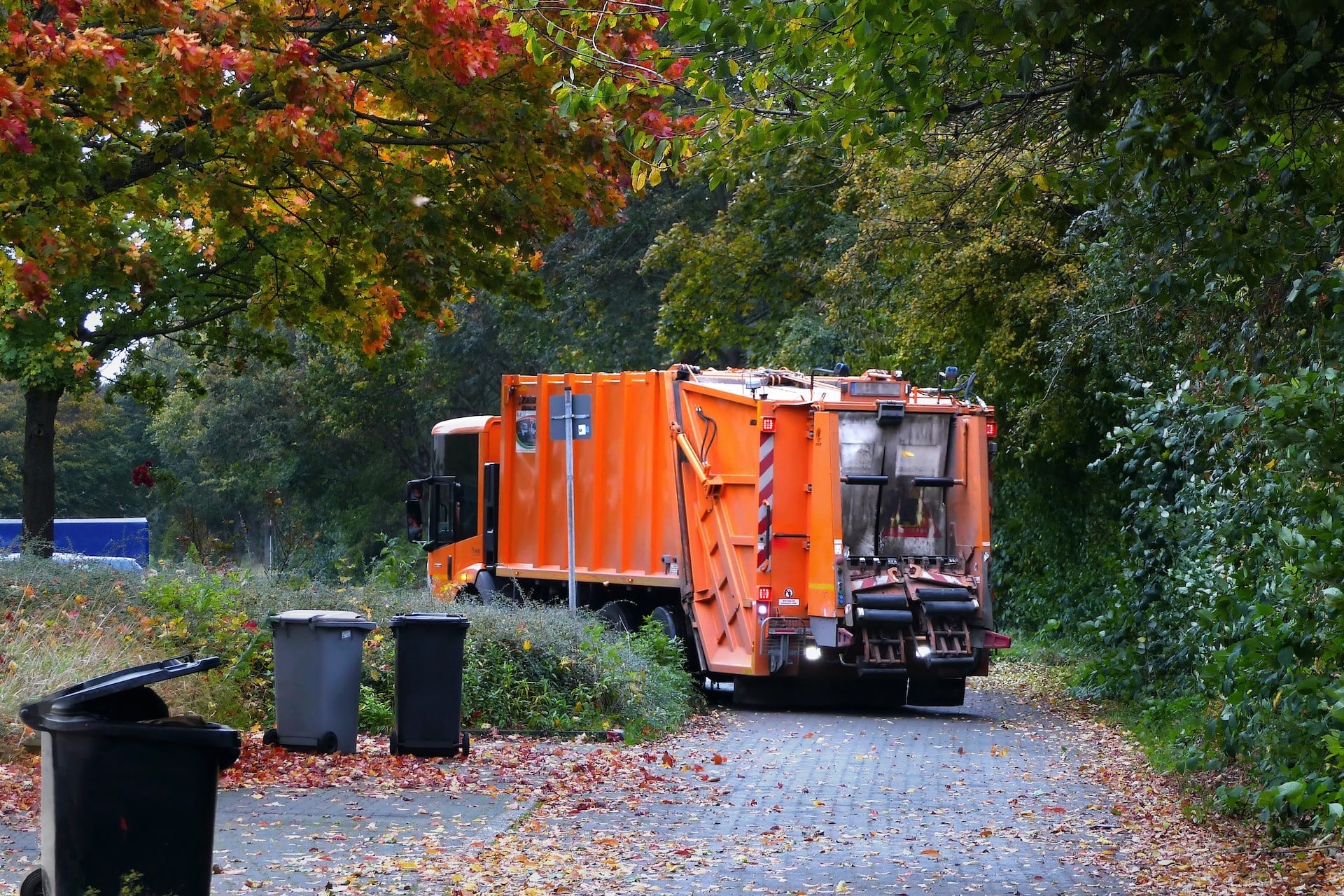
The EU’s new Waste Shipment Rules: Proposed Regulations will Incentivise the EU’s Recycling Industry
Rapidly expanding consumer markets and economic growth have led to a huge increase in waste generation in recent decades. In 2020 alone, the EU exported almost 33 million tonnes of waste to non-EU countries.
To minimize environmental and human harm, the EU must manage waste responsibly and avoid exporting the problem to other countries.
But waste is just as much an opportunity as a problem. Properly handled, waste can be converted into a sustainable secondary raw materials market both within and outside of the EU.
In this context, the EU Commission has just proposed revised waste shipment regulations to protect people and the environment, and boost circularity by encouraging the recovery of waste in the EU.
Organizations that handle waste should see the EU’s new rules on waste shipments as an opportunity to lead the change towards more circular value chains in accordance with the EU’s Circular Economy Action Plan (CEAP).
But the new rules haven’t yet been adopted – and there’s more work to do to make sure it really supports industry in finding effective, innovative, and profitable ways to turn waste into products. Next year is the last chance to work with the EU Parliament and Council to shape the final policy. The time to act is now.
In this article, we’ll talk you through what the revised waste shipment rules look like, how they’ll affect organizations, and how they can be refined and improved. By getting informed, you can get ready to engage with the EU and strengthen the final regulation, and prepare to implement the new principles in your company.
Want someone with deep experience and connections in the EU to help guide your sustainability strategy and engagement with public affairs? Get in touch!
How the EU regulates shipment of waste
The EU currently has a set of rules in place for the shipment of waste to other countries: the Regulation on shipments of waste.
The Regulation governs the way waste is shipped:
- Between EU countries and/or countries who form part of the Organization for Economic Co-operation and Development (OECD)
- Outside of the EU through exports to non-OECD countries
- Into the EU through imported waste
The rules vary depending on where waste is shipped to and how the waste is classified.
Waste is divided into two broad categories:
- Green listed waste (non-hazardous waste)
- Amber listed waste (hazardous waste or waste that contains a mix of hazardous and non-hazardous materials)
Waste is also treated differently depending on whether it is being shipped for recovery (where it will be reused or recycled into a secondary resource) or for disposal (where it will not be recovered, but instead disposed of e.g via incineration, landfill, or other methods).
The current waste shipment rules
Today, the Regulation mandates that organizations must submit a prior notification and consent when shipping hazardous waste or waste for disposal.
It is currently prohibited to ship hazardous waste outside the EU or to ship waste designated for disposal to non-OECD countries.
The current rules do permit the shipment of waste designated for recovery to OECD countries that have broadly the same environmental standards as the EU.
Shipping green listed waste and waste for recovery is subject to general information requirements.
The revised waste shipment regulation
In November 2021, the EU Commission published revisions to these waste shipment rules.
So what’s different about the proposed waste shipment guidelines?
Firstly, exporting waste destined for disposal is expected to be banned both within the EU and globally. Rules for shipping waste for recovery within EU and OECD countries are remaing broadly the same.
Another major change is that the EU is proposing to ban waste shipments destined for recovery to non-OECD countries, unless certain exemptions apply (including the receiving country stating their willingness to take on the waste).
The revised rules also integrate the waste hierarchy designed to support the circular economy. There are more specific criteria for used goods anticipated.
How will the revised regulation affect the waste & recycling industry?
The proposed revisions will provide several opportunities for organizations to manage and ship waste more sustainably and effectively. But in their current form, certain revisions may be tricky to implement. The EU will need to iron out these inefficiencies to boost implementation – and effectiveness – of waste shipment rules.
Overall, the revision will have many positive impacts on companies looking to engage in more sustainable waste shipment processes.
The positives
- The new legislation better supports the circular economy by only allowing shipment for disposal if the waste cannot be recovered or meets other strict conditions.
- There will be specific criteria put in place to distinguish used goods from waste, which could mean that used goods will no longer be considered waste.
- It will be mandatory to detail all waste shipment data via a centralized digital platform which will make it easier to share and track waste shipment procedures in real time. There will also be stricter monitoring of waste shipments and a better inspection system in place to ensure compliance.
- Administrative procedures will be streamlined, making it easier for companies to engage in shipping waste for recovery, for example, by using fast-tracked sorting and recycling facilities.
But there’s still work to be done to ensure the revised Waste Shipment Regulation supports a viable, circular model of waste management.
Here’s what we think needs to be improved or clarified:
Room for improvement
- The proposed regulations prohibit shipping green-listed waste destined for recovery to non-OECD countries not on a specific list which will be based on the country’s current waste management infrastructure. This could limit the construction of a global secondary raw materials market.
- Under the revisions, organizations that export waste will need to ensure they only ship waste to facilities approved by a third-party accredited audit. There isn’t enough in place in the revised regulation to ensure this doesn’t become an unworkable burden.
- Clearer definitions of end-of-waste criteria (when materials stop being waste) and how secondary raw materials should comply with sustainable chemicals regulations are needed.
What’s next for the waste shipment regulation?
With some changes and additions, the revised regulations for shipping waste have the potential to drive circularity and responsible waste management within industry.
It’s crucial that organizations have their say to let the EU know what’s needed:
- Strict but workable regulations that will allow for innovation and the global flow of secondary raw materials.
- A clear plan for streamlining and simplifying authorization processes.
- Clear, holistic end-of-waste criteria for waste destined for recovery.
Now that the EU Commission has proposed the revisions, the European Parliament and Council will spend 2022 reviewing, debating, and voting on the legislation. Engaging with the Parliament and Council throughout the co-decision process will be critical for organizations to have their voices heard in shaping the final policy.
If the Parliament and Council come to an agreement on the revised legislation, they will likely adopt it by the end of 2022 or the beginning of 2023. After a transition period, organizations would then be expected to start complying with the new rules by 2024 or 2025.
It’s important that organizations engage with changes to waste shipment rules now. Companies who lead the pack on sustainable waste shipment will contribute to a strong, workable set of regulations and cement their position as environmentally committed industry forerunners.
Want someone with deep experience and connections in the EU to help guide your sustainability strategy and engagement with public affairs? Get in touch!
Join our newsletter to keep up to date with the latest news and information coming out of the EU.




